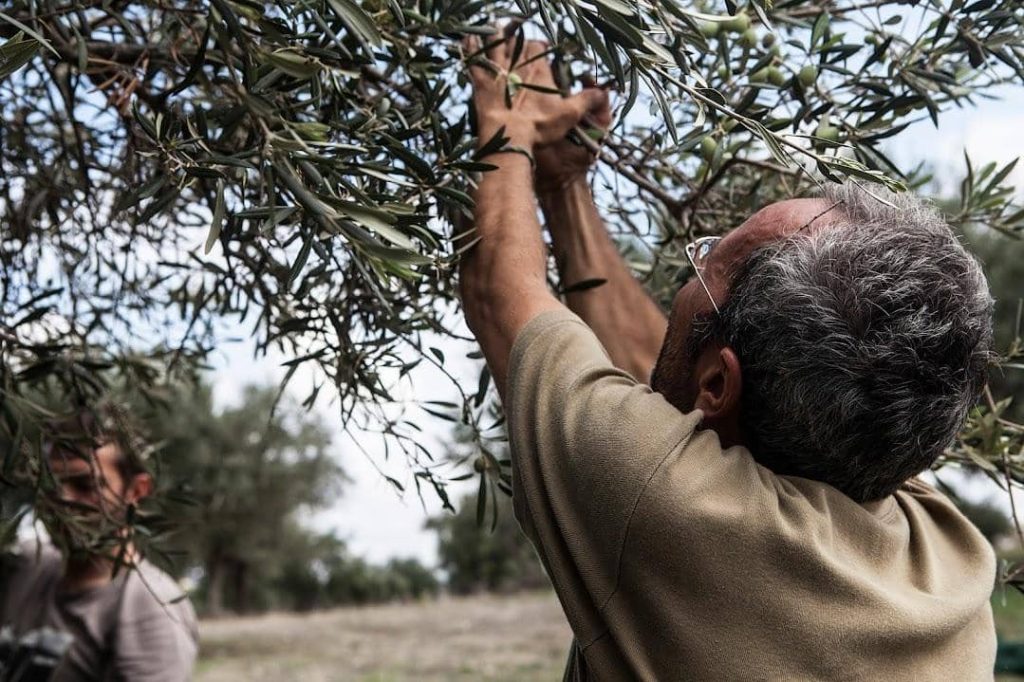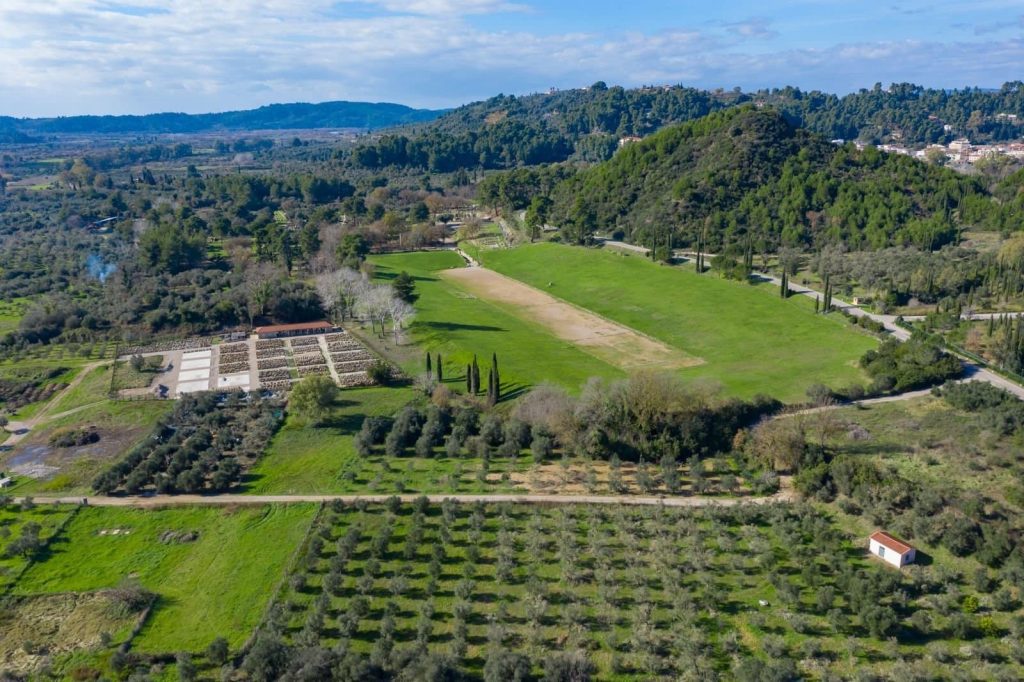According to a July 2022 survey of 1,000 companies in the United Kingdom, Belgium, Germany, Spain and France, nearly one-third of respondents said they already spend more on sustainability marketing campaigns than normal ones.
Additionally, 74 percent said they would increase spending on sustainable marketing in the next few years. Only 1.3 percent said their spending would likely decrease in that period.
The survey also asked why the companies invested in sustainable marketing strategies. Nearly 21 percent of respondents said they did so to improve their brand image, while 18 percent said they hoped to increase sales.
Only 14 percent of respondents said they were investing in sustainable marketing strategies because they believed with was the right thing to do.
Evidence of increasing spending on sustainability marketing comes from a separate consumer survey from Simon-Kucher & Partners, a consultancy. It found that 71 percent of respondents had experienced modest or significant changes in their purchasing behavior in the past five years toward more sustainable options.
Marketing officials at some of the world’s largest olive oil producers and sellers appear to have seen the research, taking advantage of the many sustainability bona fides of olive oil production.
In May, Deoleo, the world’s largest olive oil bottler, launched part of its new sustainability strategy, introducing “sustainably sourced” and “original sustainable” labels to its flagship brands, Bertolli and Carapelli.
According to the company, bottles of olive oil bearing these labels come from the groves and mills following the company’s sustainability protocol and are bottled in recycled plastic.
Sustainability has been top of mind at Deoleo for a while. In a 2021 interview with Olive Oil Times, the company’s chief executive, Ignacio Silva repeatedly emphasized that ensuring the industry’s sustainable supply of olives and olive oil is the most significant challenge.



